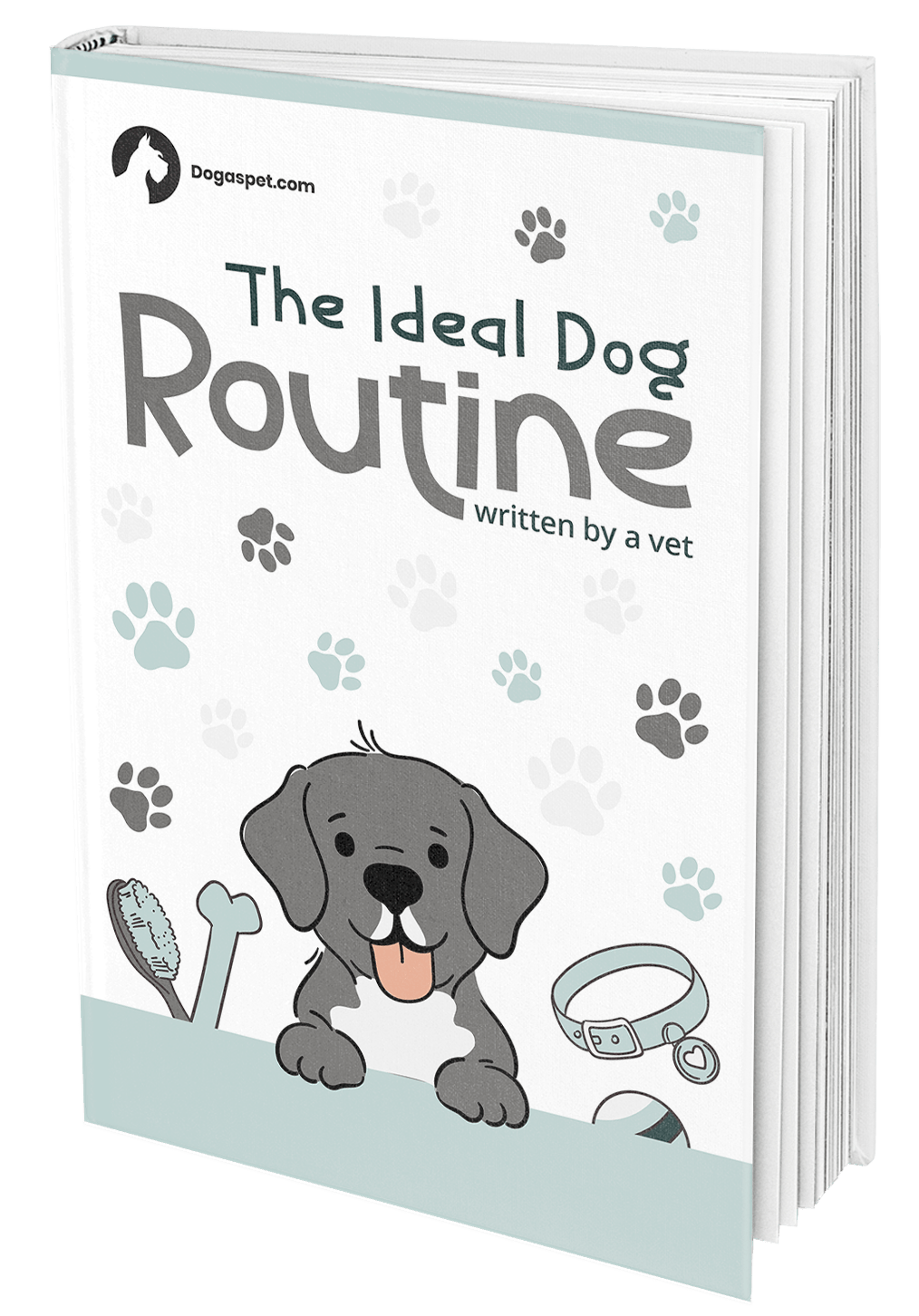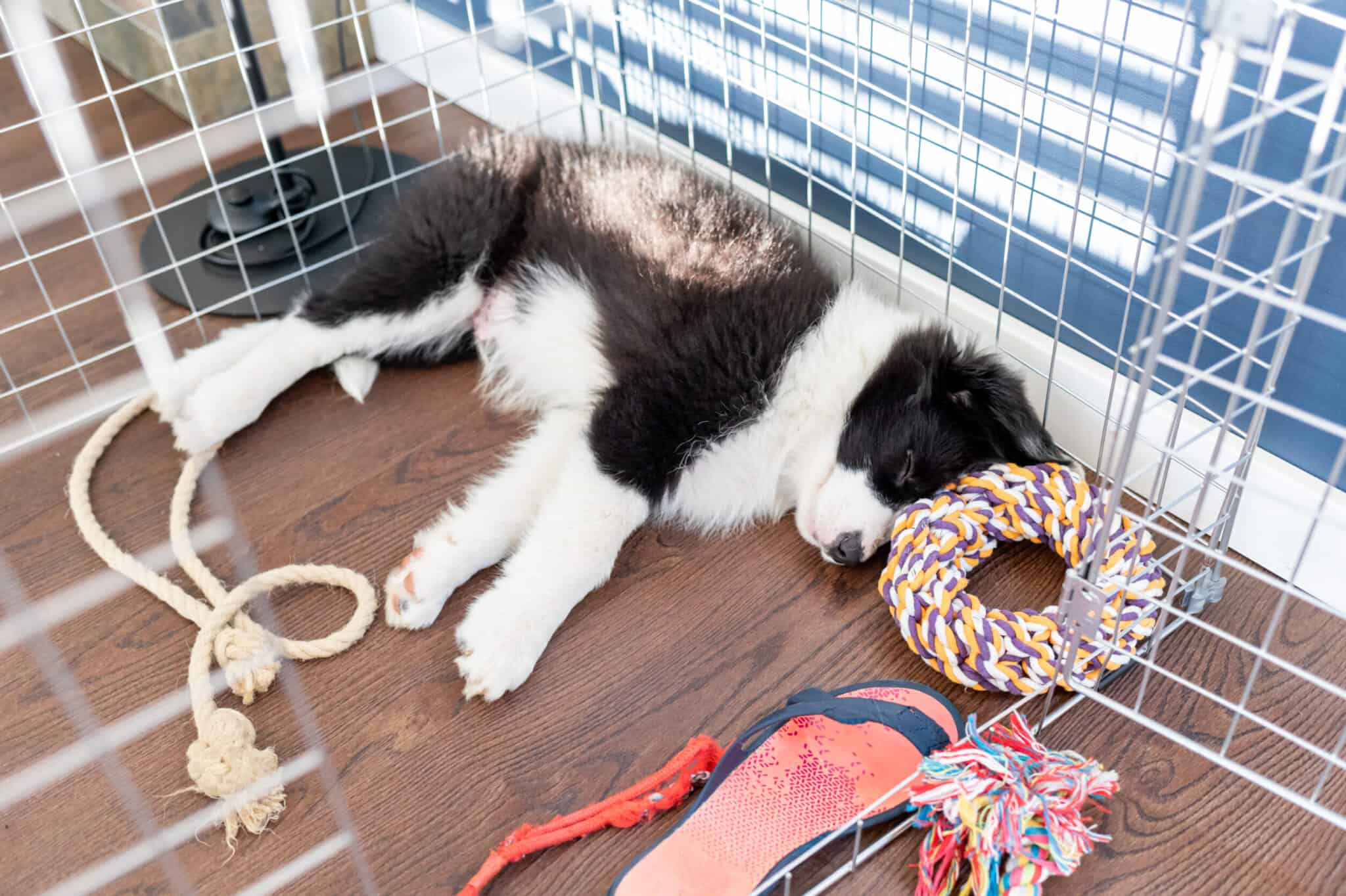
Do you have a puppy that’s afraid to come out of his crate? It can be frustrating but don’t worry, we’ve got some tips to help him feel more comfortable. Keep reading for our top tips on how to get your pup out of his shell!
Table of contents
4 Possible Causes
There are a number of reasons why your puppy may be afraid to come out of his crate. Read along to gain some insight into this behavior.
When you know more about what could be causing this problem, then you’ll be all the closer to finding a solution and making your puppy feel comfortable in their new home.

New environment
It’s not uncommon for puppies to feel overwhelmed when they’re first introduced to their new homes. After all, they’ve spent the past few weeks of their lives in a relatively small space with their littermates.
Suddenly, they find themselves in an unfamiliar environment with unfamiliar people. It’s no wonder that many puppies choose to retreat to their crates when they’re feeling overwhelmed.
If your puppy is crated in a quiet room away from the main living area, he may simply be seeking a little peace and quiet. However, if your puppy is crating in a busy room, he may feel too overwhelmed to come out.
In either case, it’s important to give your puppy time to adjust to his new surroundings. With a little patience and understanding, he’ll soon be coming out of his crate on his own accord.

Past Trauma
It could also be that he’s had some negative experiences in the past that have made him fearful of coming out. Many dogs, especially adopted dogs, have had bad experiences in the past. If this is the case, then it will be a tough habit to break and you will have to be patient and kind.
If your puppy or adopted dog has been abused in the past, it is likely that they are hesitant to be trusting of any person or environment. If they are seeking shelter in their crate, this could be the case.
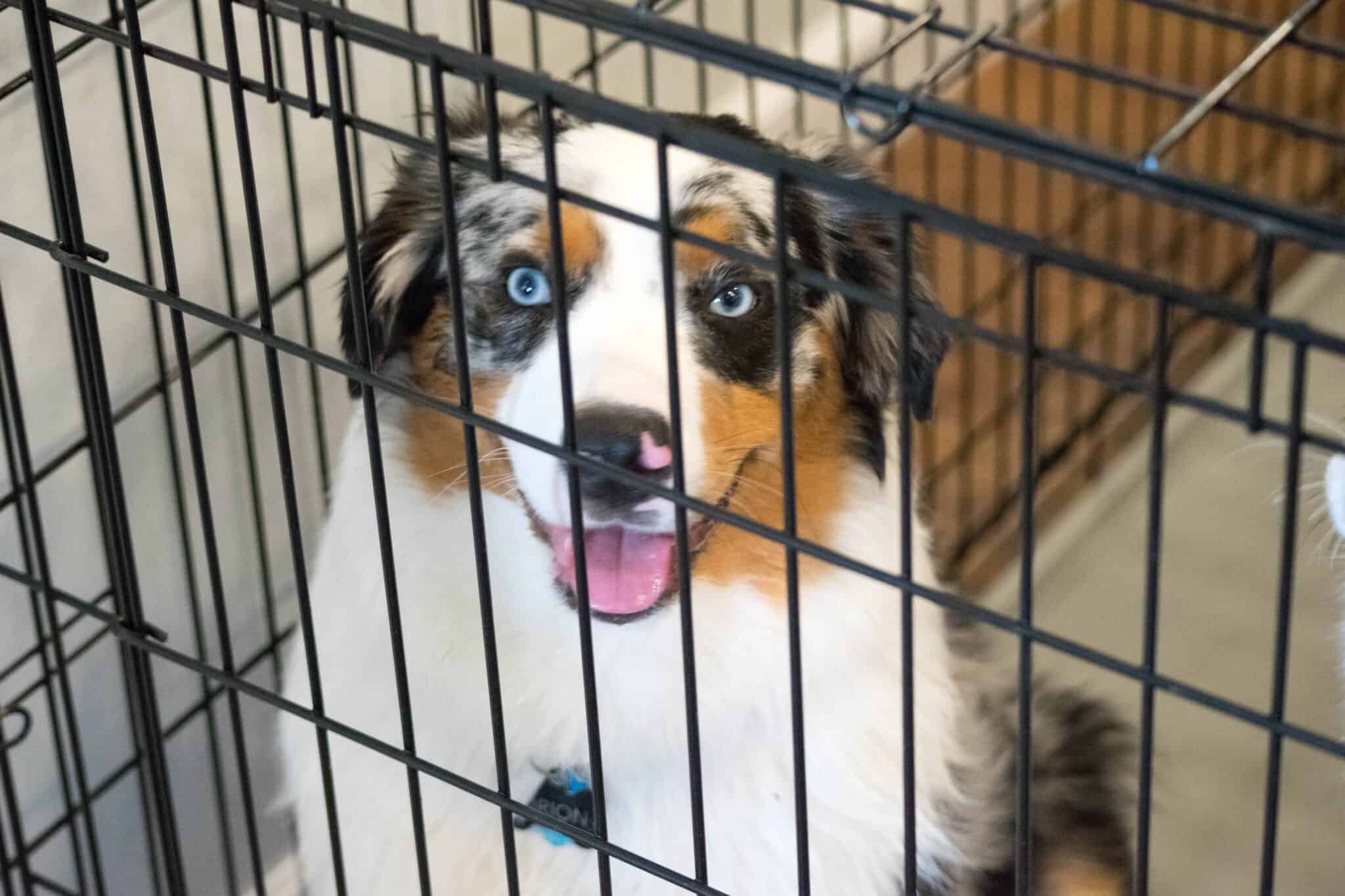
Your Reactions are Scaring Your Dog
This is a common mistake that many dog owners make. When your puppy is afraid to come out and you try to force him, it will only make the situation worse.
Your dog will see this as a sign of aggression and will become even more scared. The best thing you can do in this situation is to remain calm and wait for your pup to come to you.
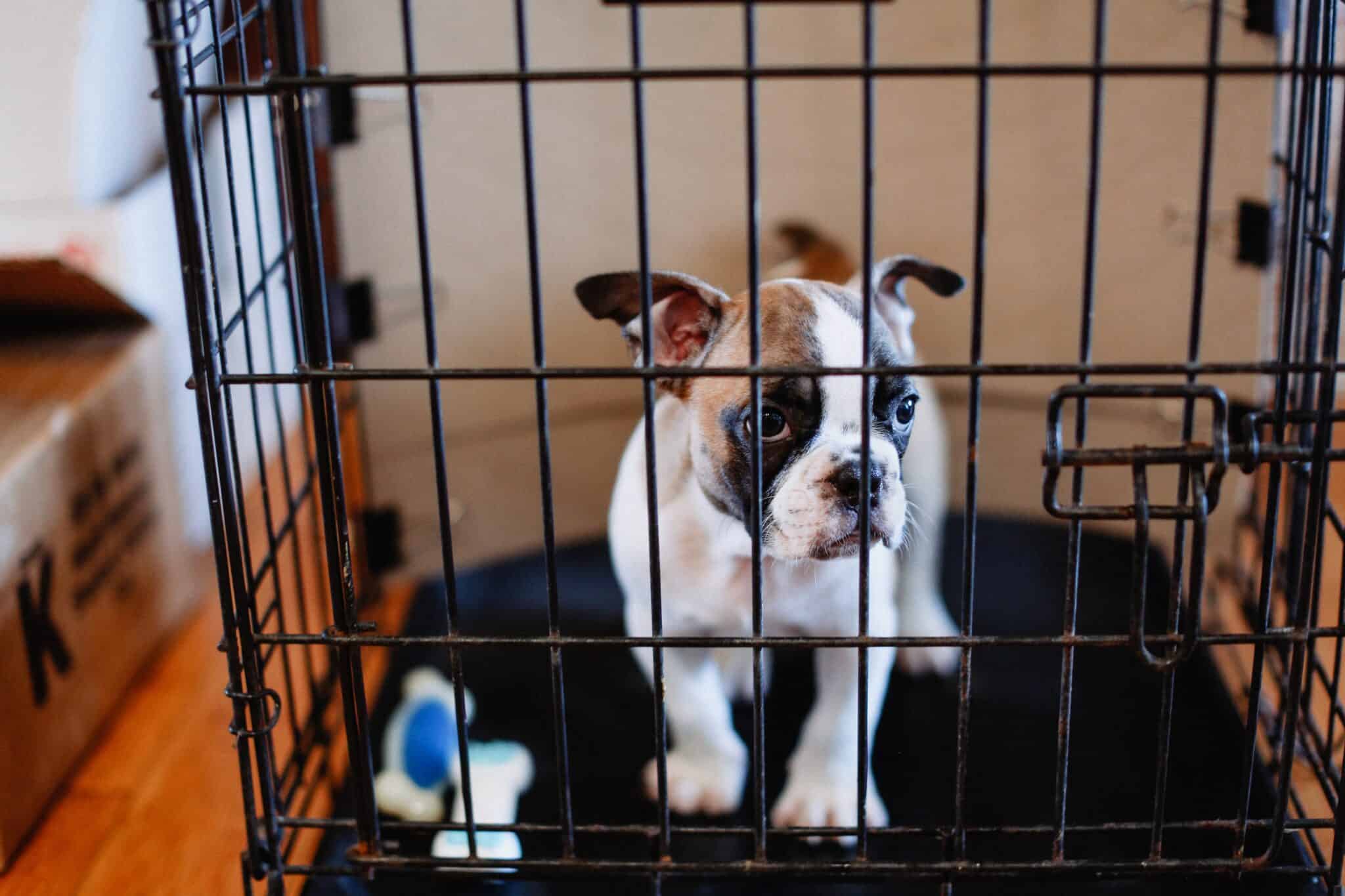
Medical Issues
If you still believe the other reasons aren’t responsible, your dog may be suffering from a medical condition. If your dog is in agony, they might be trying to protect themselves by staying in their crate where they feel safe.
Additionally, some puppies are born with a congenital condition called parvovirus which can cause gastrointestinal issues and make coming out of the crate very painful. If you suspect that your puppy may be ill, it’s best to take them to the vet right away.
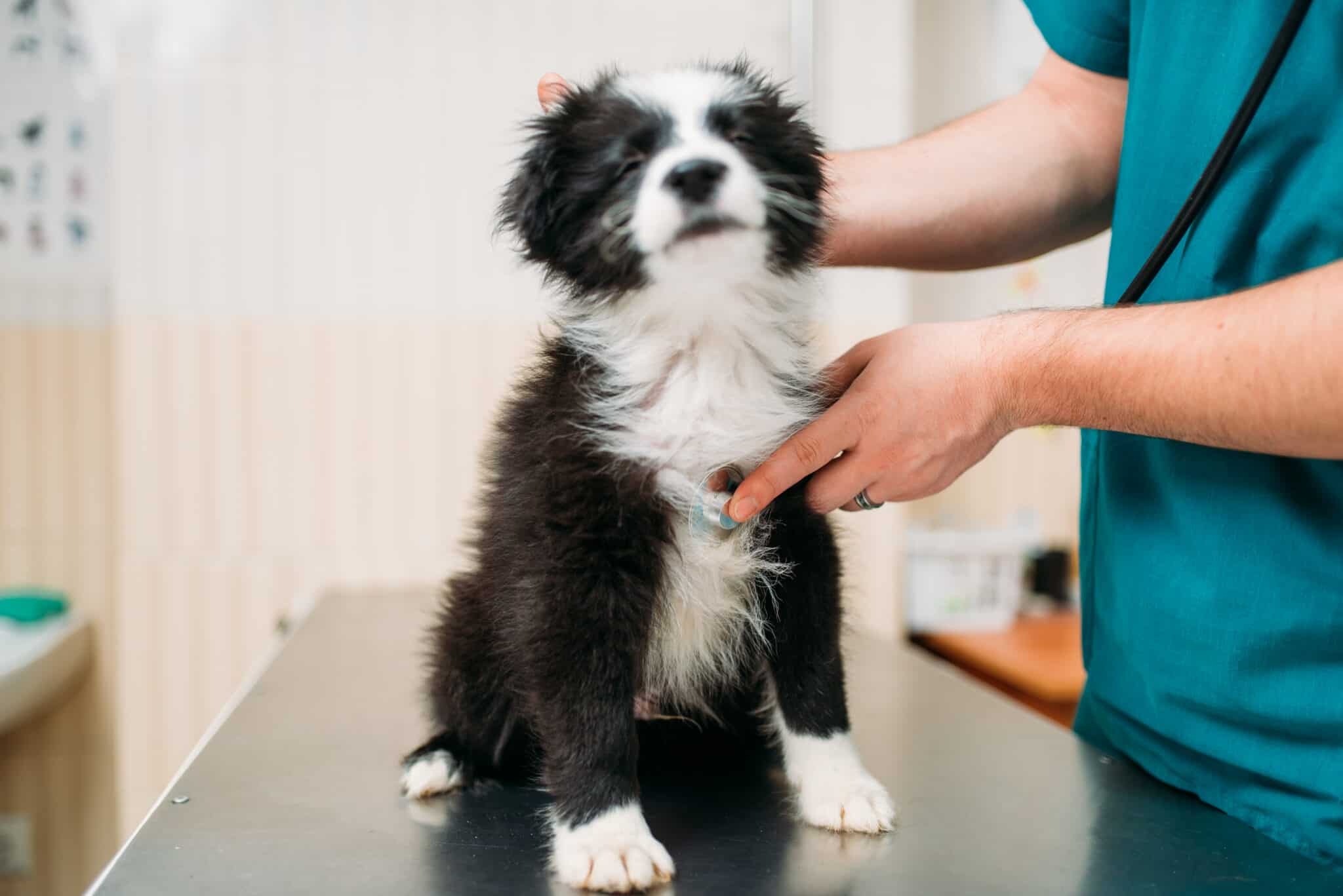
Help Your Puppy Feel Safe
There are a few things you can do to help your puppy feel safe and comfortable coming out of his crate. These helpful tips will help you to get more out of the experience of having a puppy or dog and make sure that you are being a good owner to your dog.

Give Treats
Giving your puppy treats is one of the most beneficial things you can do to make them more at ease. Make sure to praise and offer a few goodies when they emerge from their crate.
This will let them know they’re doing something right while also lending a hand in making the experience more pleasant for them.
Try to go on a Walk
You may also try taking your puppy for a stroll to help them feel more at ease. This will allow them to get out of their crate and explore the world around them.
It’s critical that they go on their own terms and take things slowly. If they are hesitant to leave the protection of their crate, don’t push them. Allow them to come to you when they’re ready.
Peace & Quiet
A quiet environment will be more inviting for your puppy. If there are too many people or too much commotion going on, they may not want to come out of their crate.
It may be necessary to put their crate in a quiet room for a little while until they’re more adjusted to their surroundings.
Be patient
Give your puppy time to adjust. They may need a few days or even weeks to get used to their crate and their new environment
If you’re patient and understanding, your puppy will come out of their crate when they’re ready.
Let Your Dog Decide
Never force your dog to come out of his crate if he doesn’t want to. This will only make the situation worse and could cause your dog to become even more afraid.
Instead, let him come out on his own when he’s ready. If he’s resistant, try tossing a treat into the crate so that he has to come out to get it.
Hire a Dog Behaviorist
If you’ve tried everything and your dog is still afraid to come out of his crate, it may be time to seek professional help.
A dog behaviorist can help to assess the situation and offer more specific advice on how to deal with your dog’s fear.
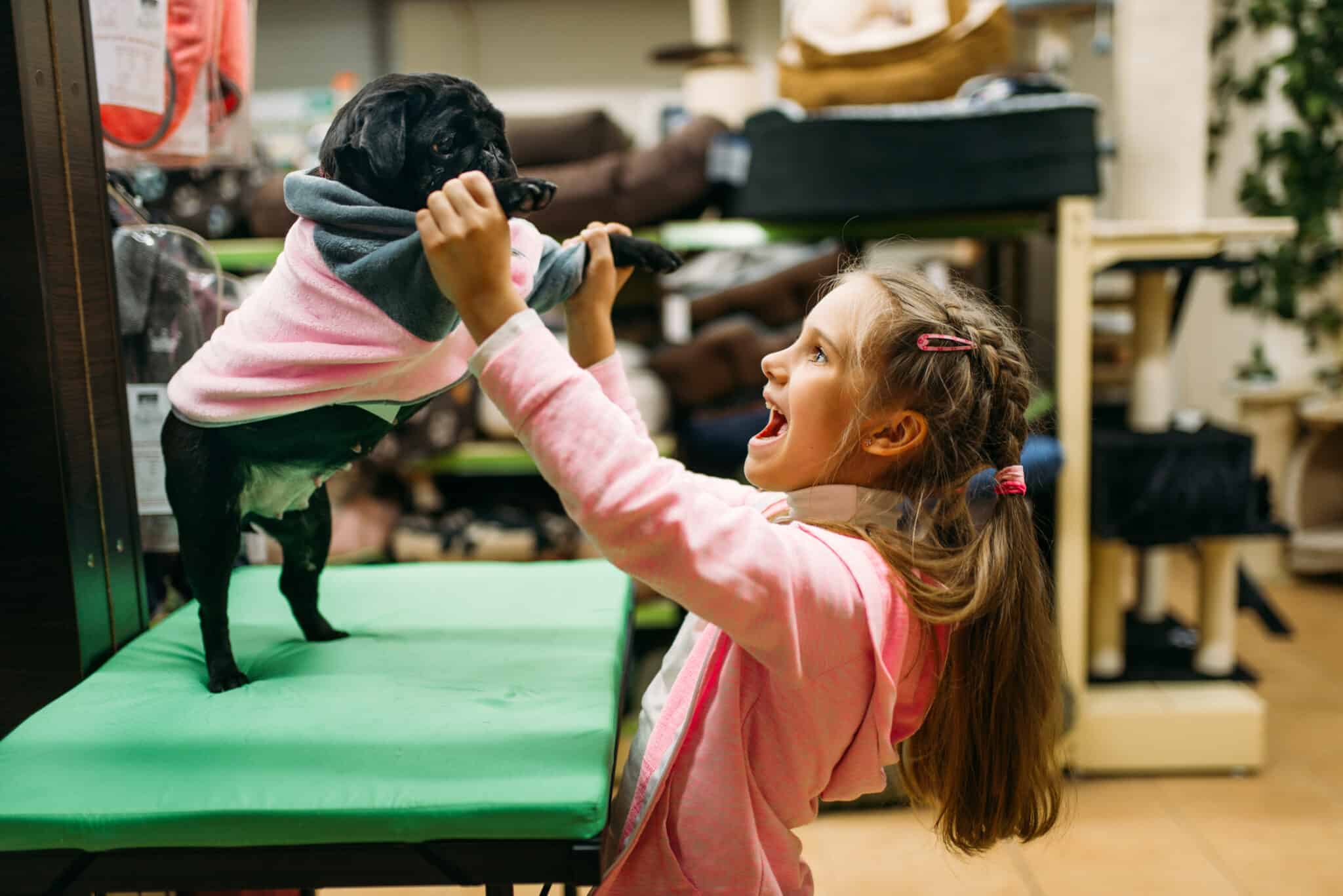
What to do for a dog that likes to be in his crate all the time?
If you’ve tried all of the solutions that we suggested and even consulted a behaviorist, it might be time to acknowledge that your dog simply likes being in his crate and is comfortable in his crate.
This isn’t necessarily a bad thing. Some dogs just prefer the security of a small, enclosed space. If this is the case with your dog, make sure that his crate is always stocked with his favorite toys and treats so that he can enjoy his time in there.
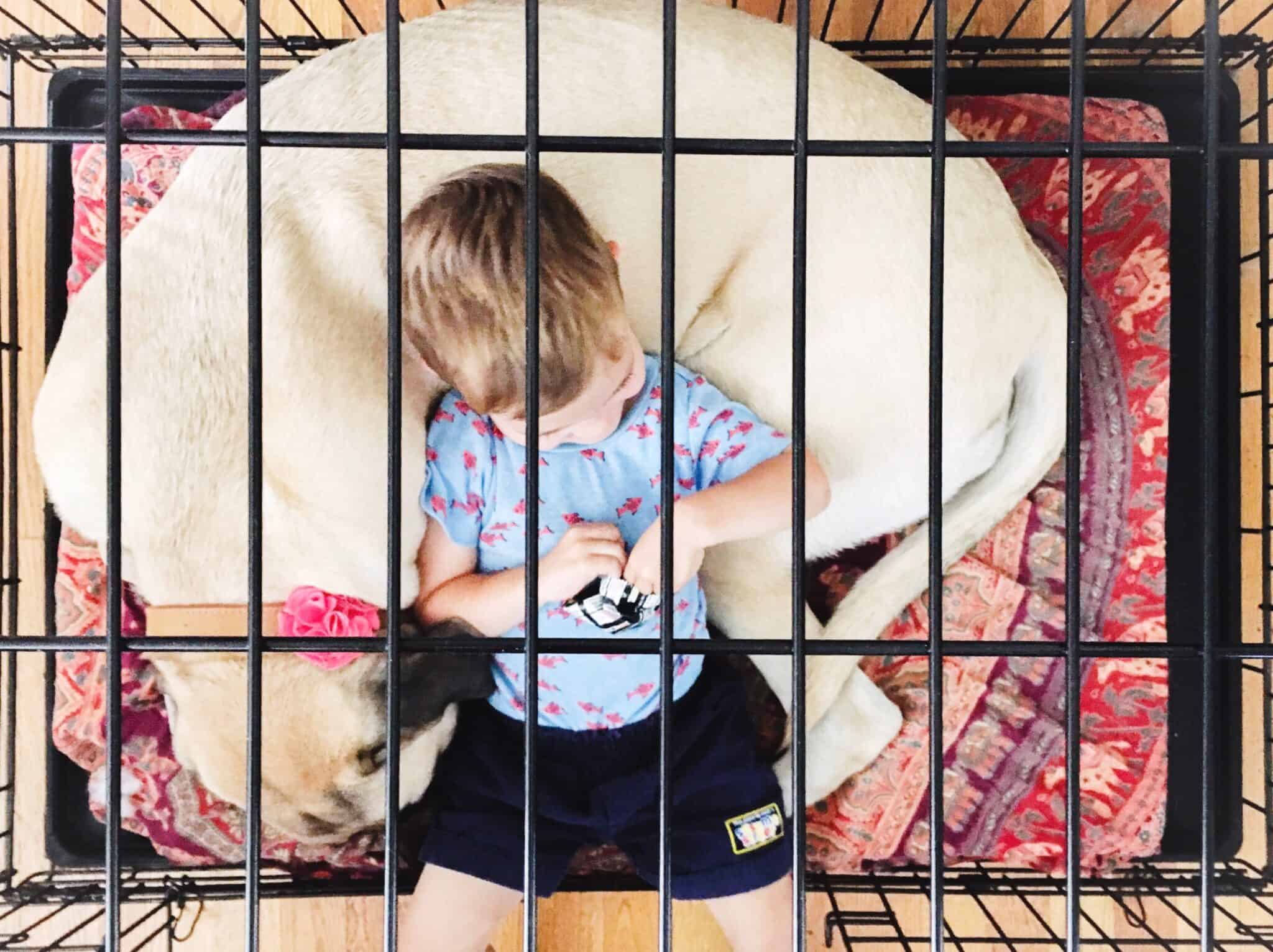
Let’s Recap
Getting a puppy or dog can be a fun and rewarding experience. But it’s important to remember that puppies and dogs are creatures of habit and need routine.
A puppy or dog that refuses to leave his crate may be uncomfortable in his new surroundings. In this situation, practice patience and follow our outlined steps to help make them feel comfortable in their new home.
As always, don’t be afraid to reach out to a professional whenever you feel out of your depth.

